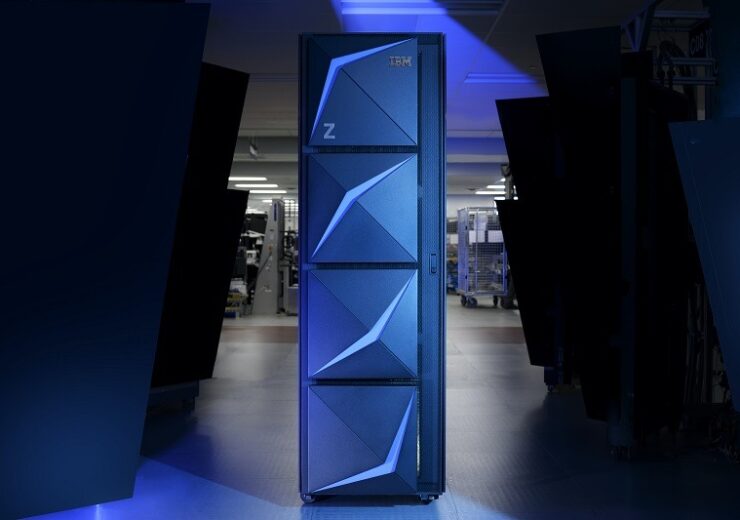The OS comes with new capabilities to drive application modernisation projects on IBM Z systems

IBM Z systems get the new IBM z/OS V2.5 operating system. (Credit: IBM)
IBM has unveiled a new operating system (OS) with artificial intelligence (AI) capabilities for its IBM Z enterprise platform systems in the form of IBM z/OS V2.5.
The new OS has been designed for speeding up client adoption of hybrid cloud and AI. Besides, it will enable clients to drive application modernisation projects on the IBM Z systems.
IBM said that IBM z/OS V2.5 helps deliver value for the company’s clients by providing new capabilities across resiliency, better security, and an enhanced developer experience.
IBM Z GM Ross Mauri said: “IBM is all-in on hybrid cloud and AI, and we are deeply focused on delivering new innovations like AI and new security capabilities on IBM Z to help our clients move forward, more quickly with their modernisation journeys.
“For our clients, IBM z/OS V2.5 brings new security and resiliency capabilities to the platform, and enables clients to infuse AI in real-time into every business transaction – imperatives that became more urgent during the pandemic.”
To help customers further bolster their overall cybersecurity and resiliency posture, IBM z/OS V2.5 comes with a wide spectrum of improvements across various aspects. These include authentication, authorisation, system integrity, logging, availability of system and data, encryption for data in flight and at rest, and overall data privacy.
To support application modernisation and for delivering a cloud-native experience, the new OS brings Java/COBOL interoperability, improved performance and ease of use for z/OS container extensions (zCX) and more capabilities for integrating cloud storage.
The new capabilities will help provide a secured, scalable environment to help clients fast track their journey to hybrid cloud, said the company.
IBM expects to make IBM z/OS V2.5 generally available on 30 September 2021.
Earlier this week, the company alongside the University of Tokyo launched IBM Quantum System One, which is said to be Japan’s most powerful quantum computer.


